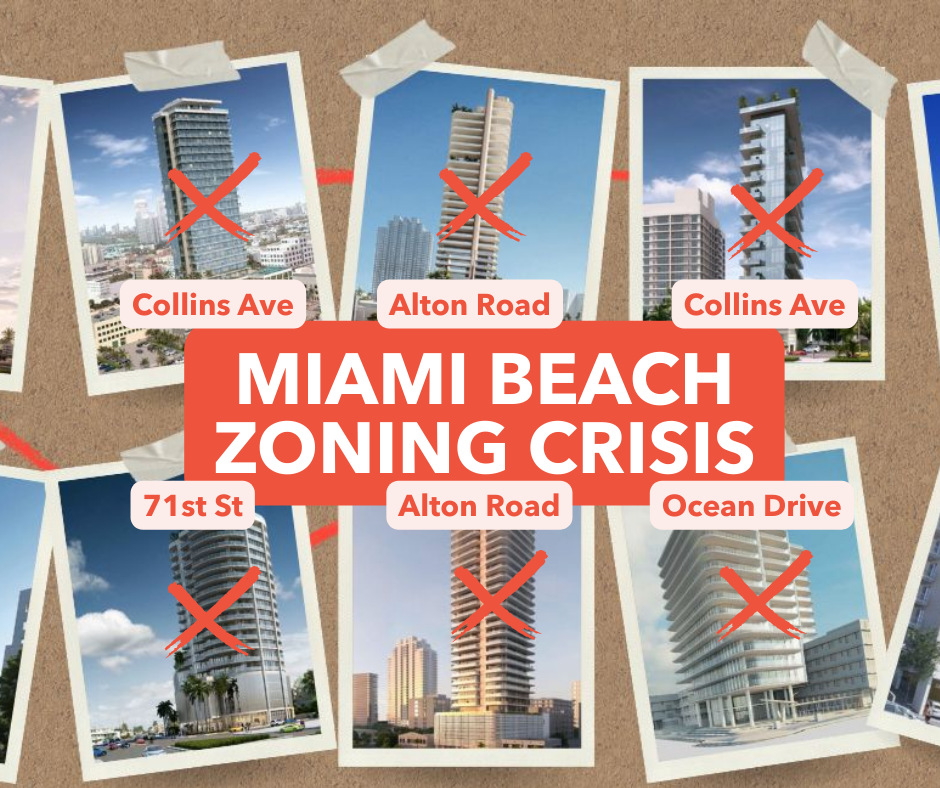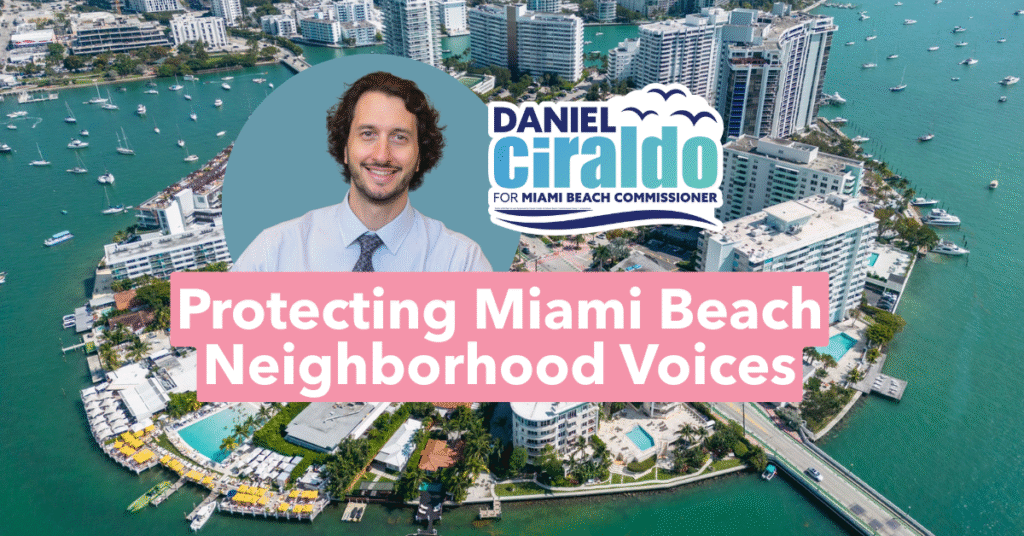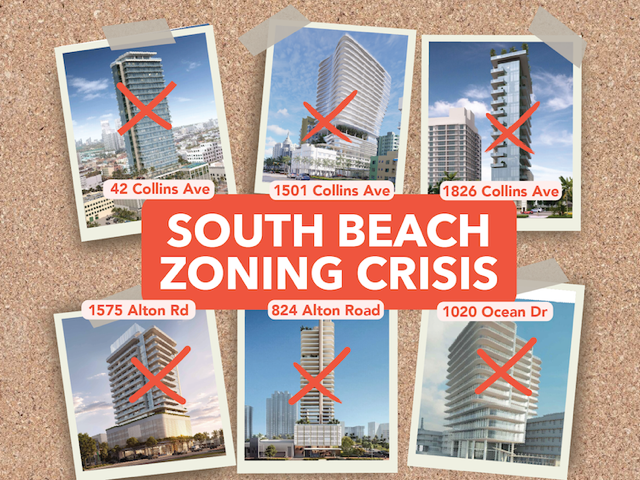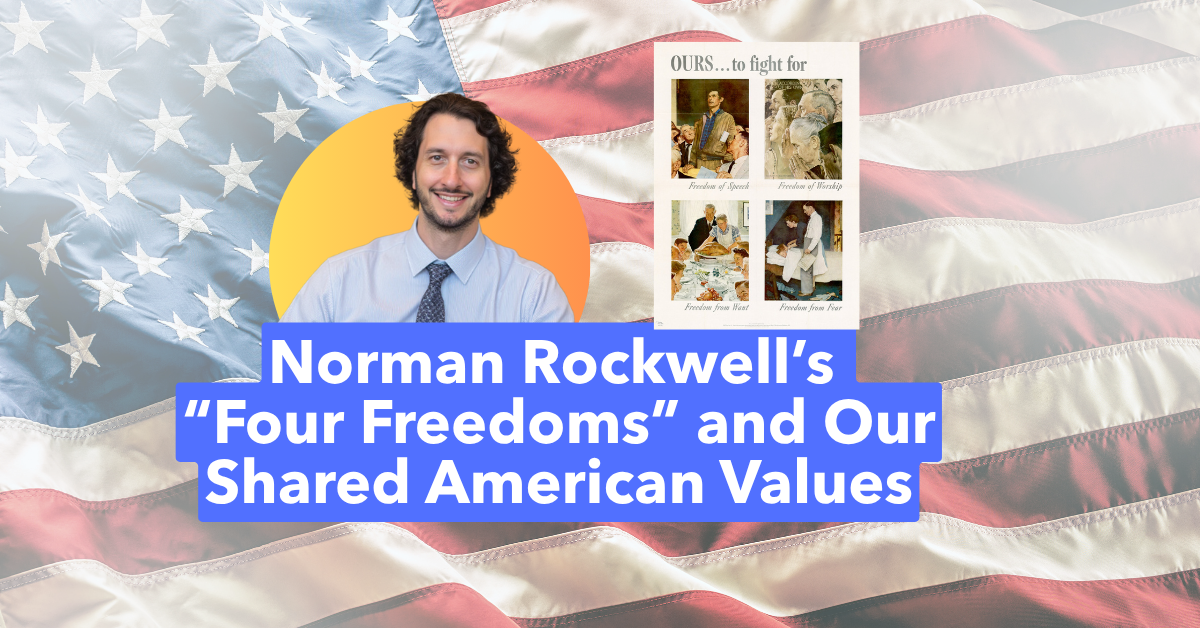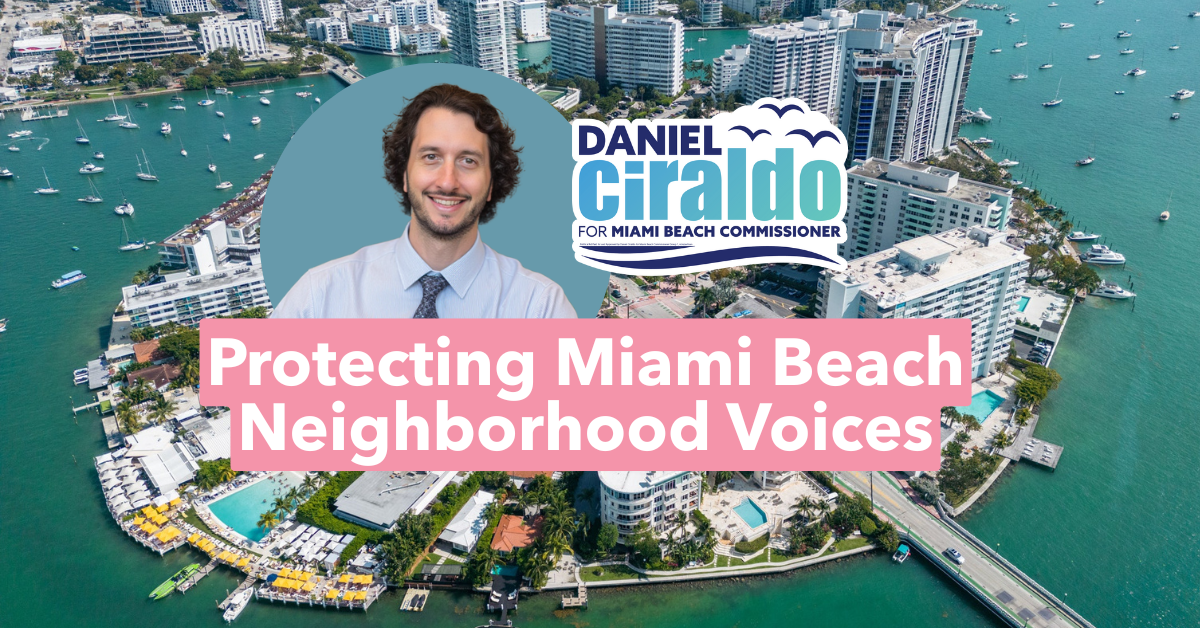Summary
- A series of filings and public accusations has created a hostile climate for neighborhood volunteers
- One case involved the Standard Hotel proposed addition on Belle Isle, and longtime community leaders who were unfairly dragged into a dispute and publicly targeted by a commissioner who opposed the project
- We need clear, common-sense reforms: a code of conduct for commissioners, a transparent framework for community benefits, and guardrails against using official power to intimidate resident groups
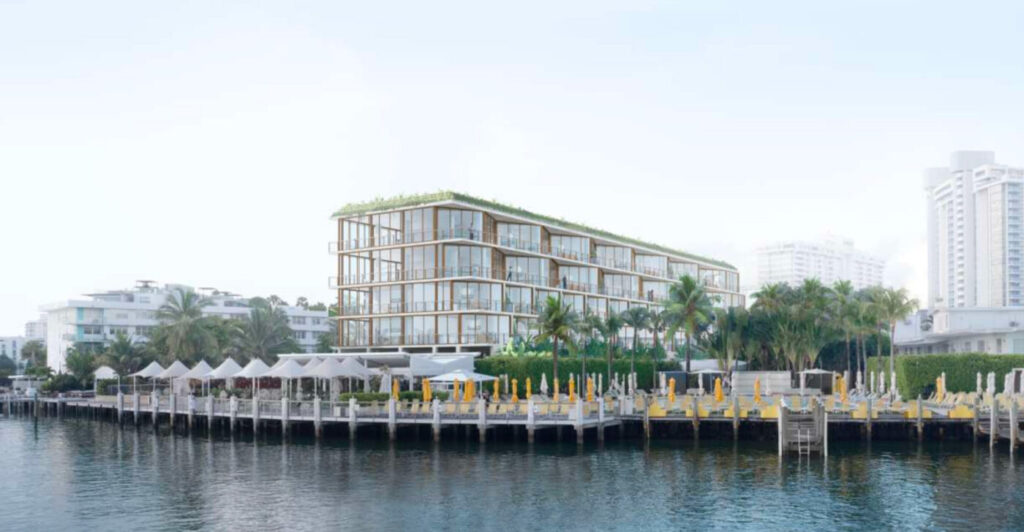
What’s Going On?
Over the last several months, Miami Beach residents and neighborhood associations have been met with a pattern of complaints and sharply worded allegations from recently elected Commissioner David Suarez. These filings and statements—often framed as ethics concerns—have cast a cloud over the work of volunteers who give their free time to improve and protect our neighborhoods.
To be clear: raising concerns is part of civic life. But when the process is weaponized—turning disagreements into public smears without substantiated proof—it chills participation, weakens neighborhood advocacy, and distracts from the real challenges our city faces.
Case Study: Belle Isle and the Standard Hotel Addition
One dispute has centered on the Belle Isle Residents Association (BIRA) and the proposed 5-story addition at the Standard Hotel. The core issue: whether a neighborhood group can push for community benefits when a developer requests support for a project.
I’ll be candid: community-benefit negotiations should be rare, transparent, and governed by clear rules. But conceptually, asking a developer to invest in public amenities or neighborhood needs is not nefarious—it can be a public-interest tool, if done with strict guardrails.
Such appears to be the case with BIRA’s volunteer board, who worked over 11 months to review the proposed project and its impacts on the neighborhood – including restaurant operations, outdoor speaker restrictions, valet operations, and more. Through this work, the group negotiated a series of agreed-upon conditions to minimize the proposed project’s impact on their neighborhood. In addition, $1.2MM in funds were to be placed into a separate entity dedicated to improvements within the neighborhood.
Neighbors on the Front Line of Protecting Quality of Life
For a small neighborhood taking on a billionaire developer with a multi-year project that would have major impacts, that’s a remarkable outcome—especially given our city’s habit of rubber-stamping projects, with or without real public benefits.
However, in this case, the disclosed public benefits were used to launch a smear campaign to paint these dedicated residents as bad actors. That’s unfair and unnecessary—and it discourages others from stepping up.
A recent months-long investigation by the Miami-Dade Commission on Ethics and Public Trust – at the request of Commissioner Suarez, in his personal capacity – has found no probable cause with regard to the allegations set forth in the Suarez complaint and the commission dismissed it.
Still, the Suarez Smear Campaign continues as residents are seeing a barrage of attack ads about the dispute, as well as continued allegations against the Commission sponsor of the original zoning request. According to Facebook records, these ads are being personally funded by Commissioner Suarez – as of today nearly $4,000 has been spent on 9 ads just in the past week alone – nearly all of them amplifying the now-dismissed allegations.
All of this is happening in the middle of a critical election where Suarez is not on the ballot – though he has donated to my group 1 opponent, real estate developer Brian Ehrlich – who spoke at the latest public hearing in support of Suarez’s efforts.
Scoring political points on the backs of our residents is not public service – on the contrary – this sort of behavior is what discourages civic participation.
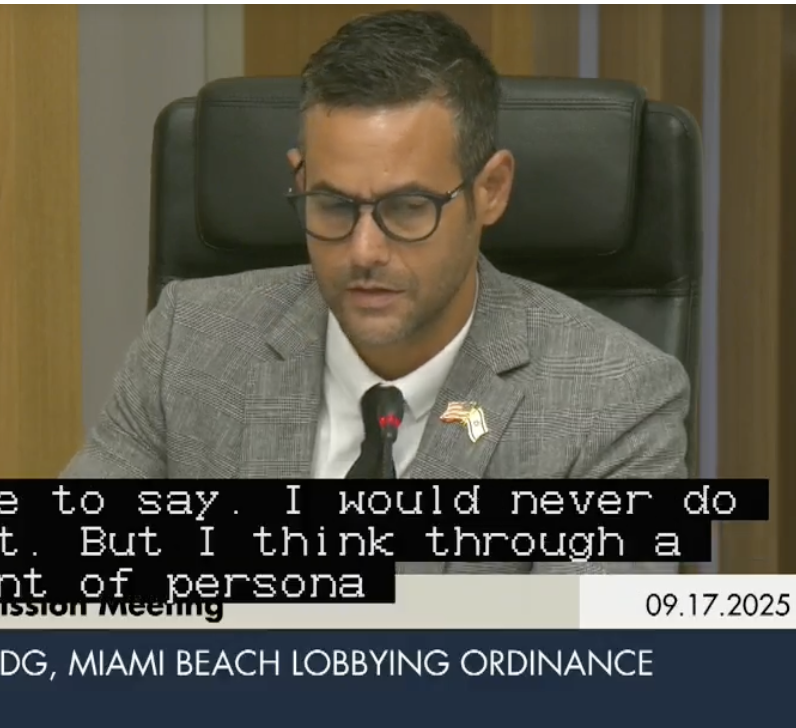
Why This Matters
Neighborhood associations—BIRA, MBU, WAvNA, and others—are often the last line of defense against overdevelopment that erodes quality of life. When volunteer groups are vilified, it becomes easier to push through drastic zoning changes without robust community input.
For example, there have been public conversations sponsored by Commissioner Suarez about increasing building heights on corridors like Washington Avenue and even Lincoln Road – from the current 5-story maximum to up to 10 stories or more. Whether you support or oppose such changes in our low-scale historic district, the public deserves a debate based on facts—not intimidation of the people who show up to participate.
Commissioners are elected to serve the public – not to weaponize the government against personal and political opponents.
What I Support (and Will Advance)
We can disagree on policy without tearing down our neighbors. Here are practical reforms I’ll champion to dial down the temperature and restore trust:
- Commissioner Code of Conduct (Civility & Evidence Standard)
- Bar personal attacks from the dais and social posts by commissioners about private citizens or volunteer boards
- When a commissioner makes a public allegation, require a written memo citing the source documents
- Guardrails on Complaints Against Neighborhood Groups
- Commissioners should not file ethics complaints directly against resident associations or volunteers
- Route concerns to the Inspector General or City Attorney for an initial, confidential review. If there’s merit, proceed; if not, don’t smear
- Transparent Community-Benefit Agreements (CBAs)
- If a neighborhood group contemplates benefits from a project, it must use a city-approved framework:
- Independent fiscal agent (no board member control)
- Publicly posted terms and audits
- Open meetings and conflict-of-interest disclosures
- Funds limited to public purposes (e.g., traffic calming, greening, resiliency upgrades)
- If a neighborhood group contemplates benefits from a project, it must use a city-approved framework:
- Sunshine-Plus Disclosure for Land-Use Advocacy
- Any commissioner advancing a zoning or height change must file a one-page rationale & impact summary: who benefits, who’s affected, and why it serves the public interest
- Neighborhood Liaison & Due-Process Path
- Establish a City Hall liaison to help resident groups navigate disputes
- Create a quick-resolution pathway when a volunteer or association is publicly accused—so facts can be clarified fast
- Annual Ethics & Land-Use Training
- Mandatory, scenario-based training for commissioners that covers how to raise concerns without chilling participation or exposing the city to liability
My Commitment to You
Our civic life depends on neighbors who show up. I will always defend your right to organize, ask hard questions, and negotiate for the public good—without fear of retaliation.
Miami Beach deserves debate grounded in facts, not derision; in solutions, not spectacle.
Let’s get back to the work of making our city safer, saner, and more beautiful.
PS – If you’d like to read about the REAL zoning crisis, check out our blog post below:
